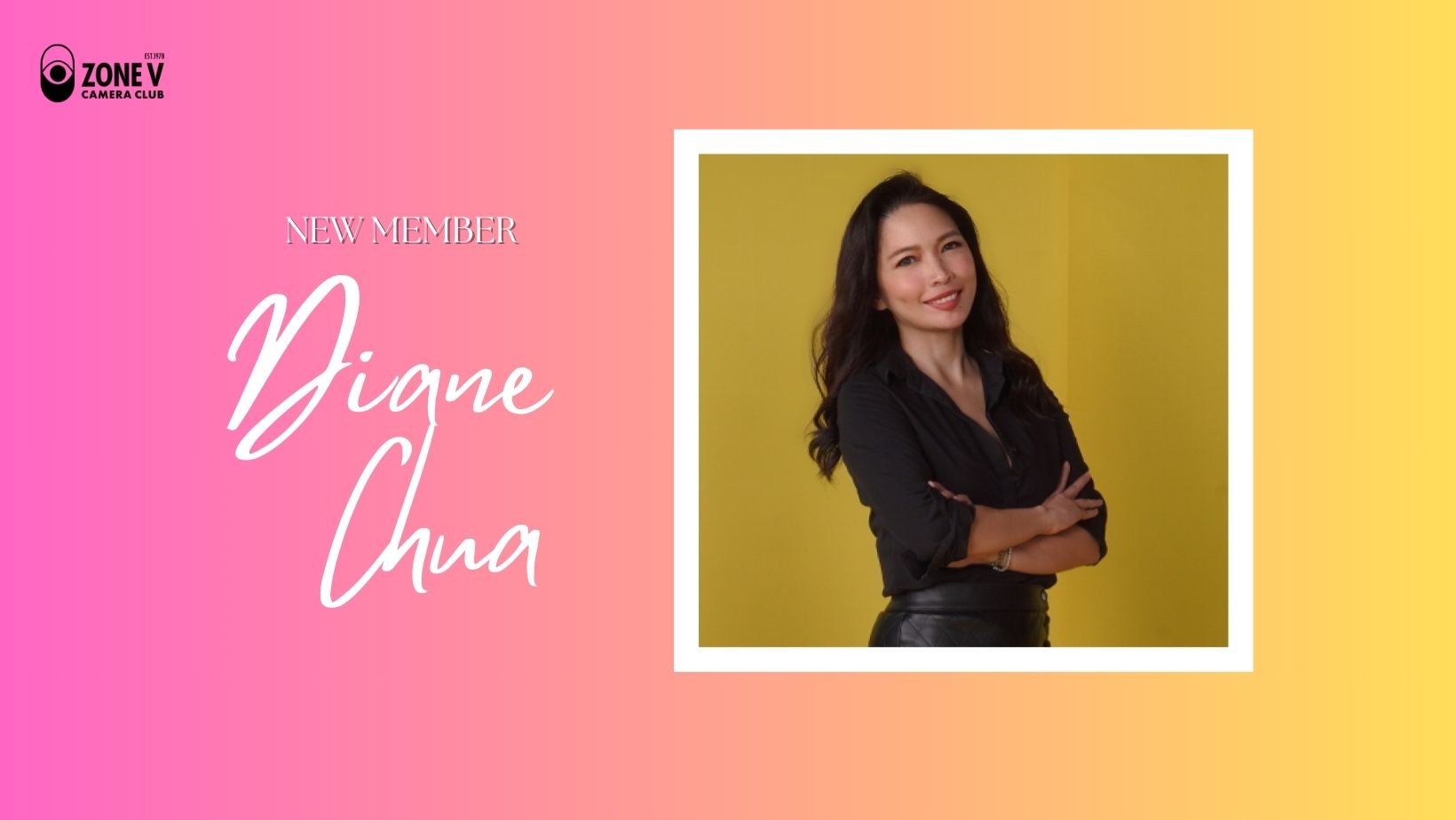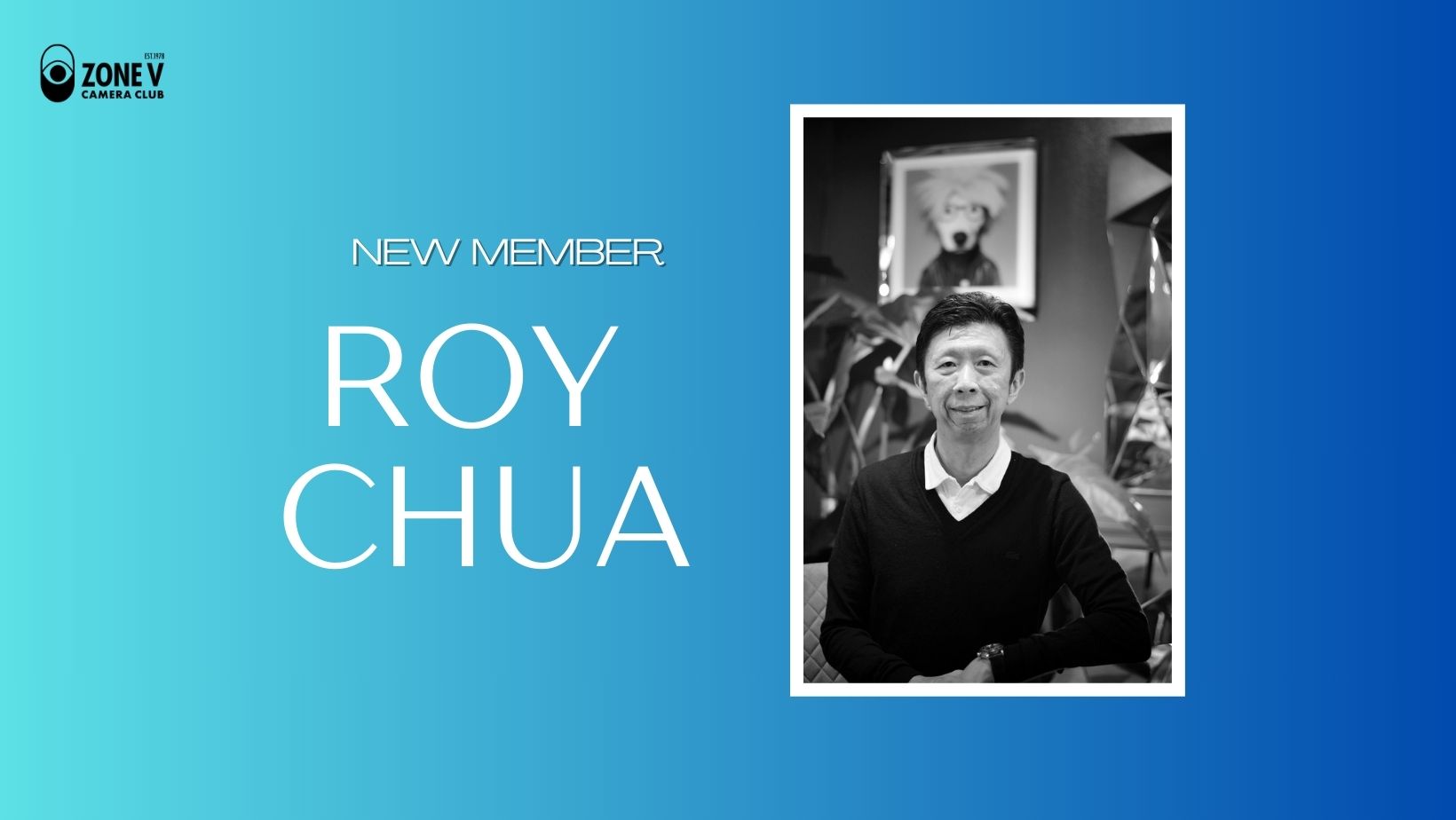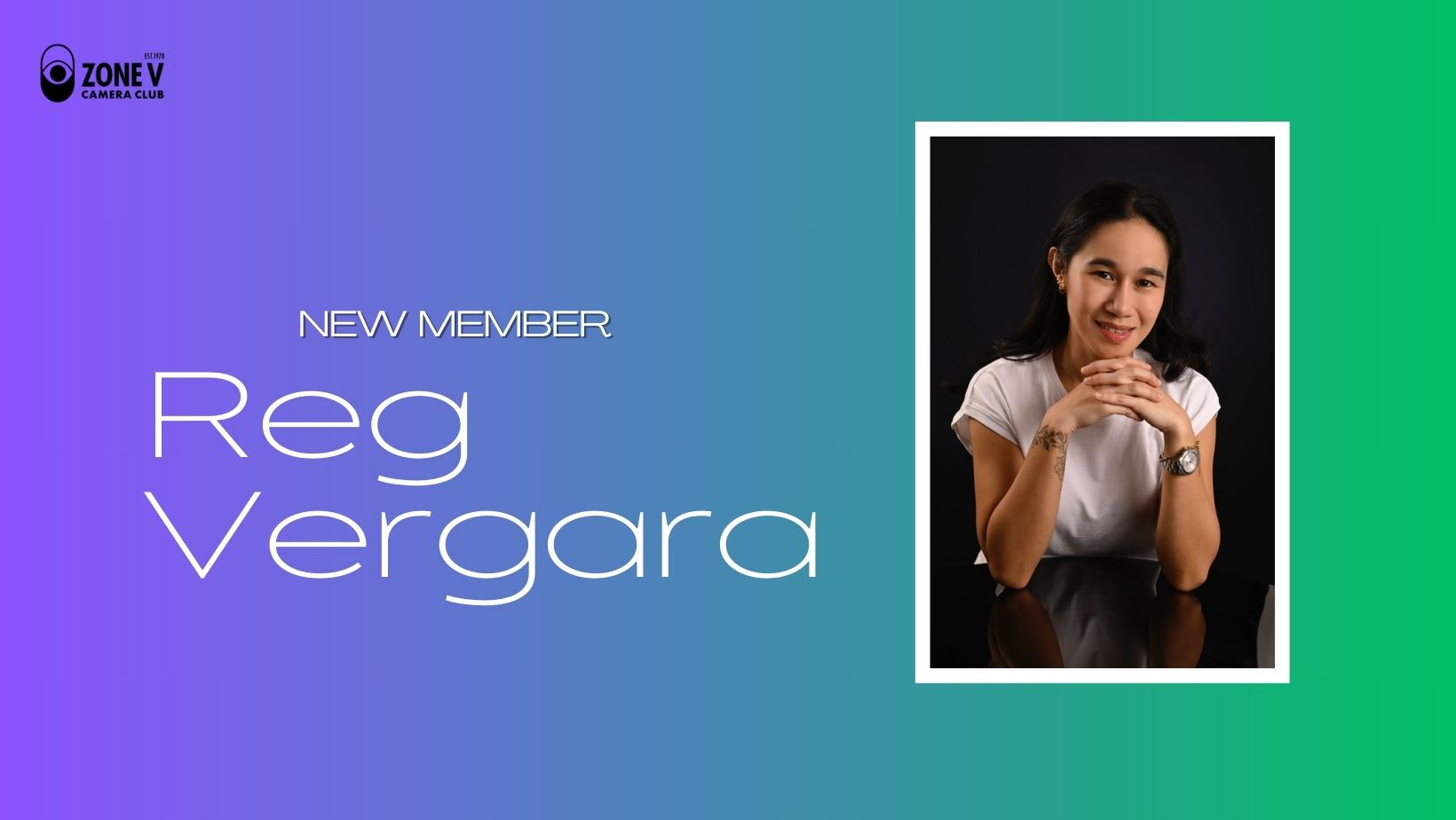Finding Your Vision

Z Academy’s 5th offering for the year was an introspective discussion on “finding one’s vision” as a photographer and artist.
Led by fine art photographer and gallery printing specialist, Red Ognita, the March 4th zoom seminar aimed to encourage the members to “know oneself” as a photographer and/or visual art creator. The process of self-discovery, of knowing one’s vision, is a way to establish one’s artistic identity.
At the start of the session, Red, who has a self-effacing and apologetic demeanor despite being a well-recognized/admired artist and coach within the local fine art photography community, including some of the Zombies, predicated his talk by saying that the topic “finding one’s vision” is one of the most difficult for him to tackle. This in part is, because “vision” is a personal, subjective, and even, an abstract concept, especially for those who are still exploring their identity as artists. He quickly dispelled misconceptions that, “Vision” is
• Not a trendy thing; it is organic in that it is part of one’s identity;
• Not superficial, it is a well developed and deeply ingrained personal approach;
• It is not the same as style but one’s “distinct” style emanates from vision.
In his case, Red admits that it took him years of trials & errors, heartbreaking instances, and gutsy mining of opportunities fired by passion and sheer desire to find his niche, to be able to finally say that he had found his anchor as an artist. Recalling his own self-discovery phase and emphasizing the importance of a “third eye”, from a mentor or coach, who can objectively guide and critique at same time, Red encouraged the members to never stop before even trying.
In the discovery of one’s vision, Red noted that one naturally goes through a process of exploration. When one eventually matures, then one can find a niche, where one’s body of work becomes the voice that speaks for one as artist.
In the self-discovery process, Red suggested that we ask ourselves these questions:
• Do I know what I like to shoot
• Do I have focus in my choices of subjects?
• Will I still shoot even if no one will see my photographs?
• Do my photos/portfolio speak a certain language to others; do they convey a sense of unity and coherence?
• Do I have strong photos that I can associate with distinct moments or times I consider memorable?
• Am I doing what everyone else is doing, simply mimicking the masters or am I separating from the trend?
On questions raised by some members, Red shared his insights:
“As a young shooter, one wants to try all genres and subjects. When will one know that it’s time to focus?” (From Bern)
~ When what you do becomes easier and makes you happy;
when what you do loves you back and you reap returns, that is a sign that what you are doing is already what you’re supposed to focus on.
“What if my heart loves many genres – underwater, landscapes, aerial – do I have to concentrate on only one?” (From Keisie)
~ You need to examine your images and figure out which ones are “strongest”. To be objective, ask for a second opinion because as shooters, we tend to associate the value of our images to the difficulty of creating it. So you can’t separate the emotion from the “pure beauty” of the image. From your strong photos, you will know where your focus can be.
“I don’t really know if my photos are art or not. As a travel photographer, I try to present my images with journalistic semblance. How do I muster the courage to finally present myself as an artist?” (From this author)
~ Dare to show your works even when you know you might be criticized. Prepare yourself for the worst. When you believe you are ready to embrace that, then you are ready to present your portfolio and in a way, reveal who you are as artist. Share both your commissioned and personal works, so that audiences will know your range.
In closing, Red reminded the group:
• That discovering one’s vision requires knowing onself, one’s strong points, and one’s motives/ intentions.
• That integrity is also key. Doing something even when no one else knows or cares and staying consistent in what one does will be tough but personal discipline pays off. When one is true to oneself, the images will have meaning that are personal and may or may not be understood by or imminent to others.
• To share what you do anyway even when faced with hurdles, because it helps you to sharpen yourself. Keep going anyway; your photos will eventually become a representation of your artistic identity.
• In art, what happens before the artwork is done doesn’t matter. What matters is whether the output is something that is appreciated or makes you happy with yourself.
• One’s truthful work – is one’s voice, that is one’s vision in full display.
Zone V thanks Red for the profoundly inspiring session!
– By Arlene Donaire




